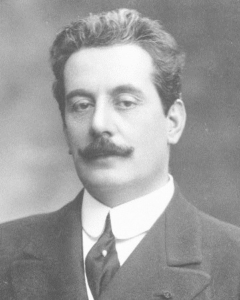CHINA: Breton elected new selectboard chairman
 by Mary Grow
by Mary Grow
The temporarily four-member China selectboard elected a new chairman to succeed Robert MacFarland, who retired as of the Nov. 5 elections, but otherwise spent their Nov. 12 meeting getting reports and information rather than making decisions.
Town Clerk Becky Hapgood assisted the board because Town Manager Dennis Heath was out of town for a family emergency. Hapgood conducted a written-ballot election for board chairman.
When the first result was a 2-2 tie between Irene Belanger and Ronald Breton, Hapgood distributed ballots again. Breton was elected on a 3-1 vote. Belanger was re-elected board secretary.
Breton said Heath is exploring options for filling the fifth seat on the board, left empty when Jeffrey LaVerdiere resigned at the Oct. 15 meeting (see The Town Line, Oct. 24).
Breton and new board member Wayne Chadwick shared two concerns. Both want the fifth board member elected as soon as possible, so that, Chadwick said, they would not go into budget season with an even number of votes. But neither wanted the next board member elected by a bare quorum of voters, and both feared a special election might not generate a large turn-out.
The next scheduled state-wide election with which a local vote might be coupled is the Tuesday, March 3, political primary newly created by the legislature.
Some of the information presented Nov. 12:
- TIF (Tax Increment Financing) Committee member Tom Michaud reported that improvements are completed on two fire roads, with the work partly funded from China’s TIF program.
- Hapgood said the new traffic pattern for the Nov. 5 election appeared to have been successful; officials intend to use it again in November 2020, when a heavy voter turn-out is expected, and, she said, perhaps for future Halloween trunk ‘r treat events at the town office.
- Speaking for public works head Shawn Reed, who was on the road as China got its first minor snowfall of the season, Hapgood said the sandbox at the transfer station is ready for residents who need small amounts of sand for walkways and driveways. The maximum to be taken per visit is two five-gallon buckets.
The selectmen’s meeting ended with a moment of silence in memory of China Rescue Unit Chief David Herard. The next regular meeting is scheduled for 6:30 p.m. Monday, Nov. 25.









 (NAPSI)—If you’re eating meat on a daily basis, it appears you may be in the minority—according to new research. A survey of 2,000 Americans examined respondents’ eating habits and found that less than half (47 percent) said meat is a major part of their diet.
(NAPSI)—If you’re eating meat on a daily basis, it appears you may be in the minority—according to new research. A survey of 2,000 Americans examined respondents’ eating habits and found that less than half (47 percent) said meat is a major part of their diet.










